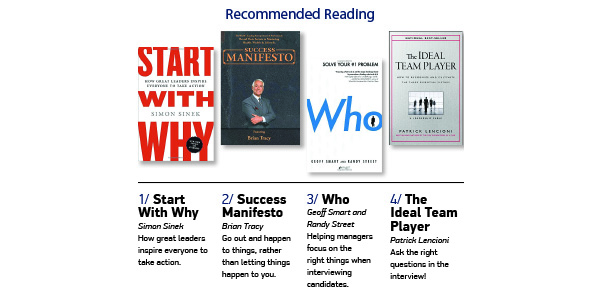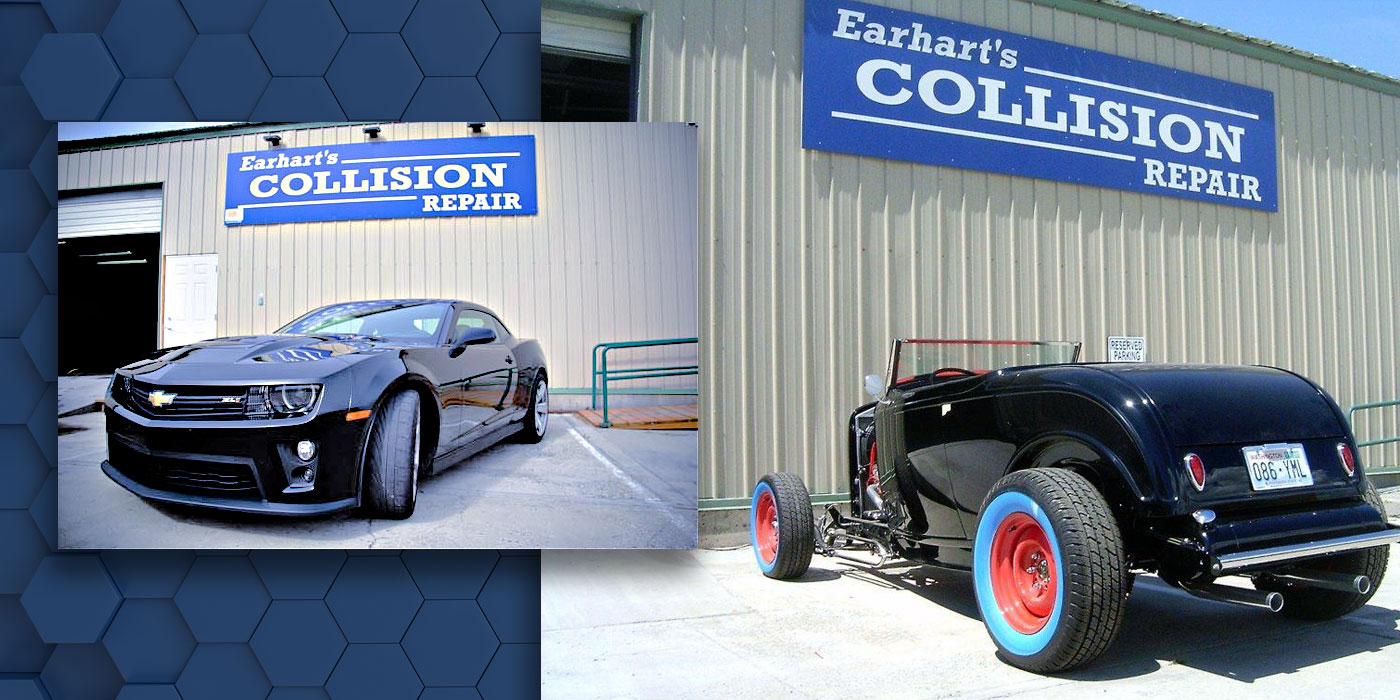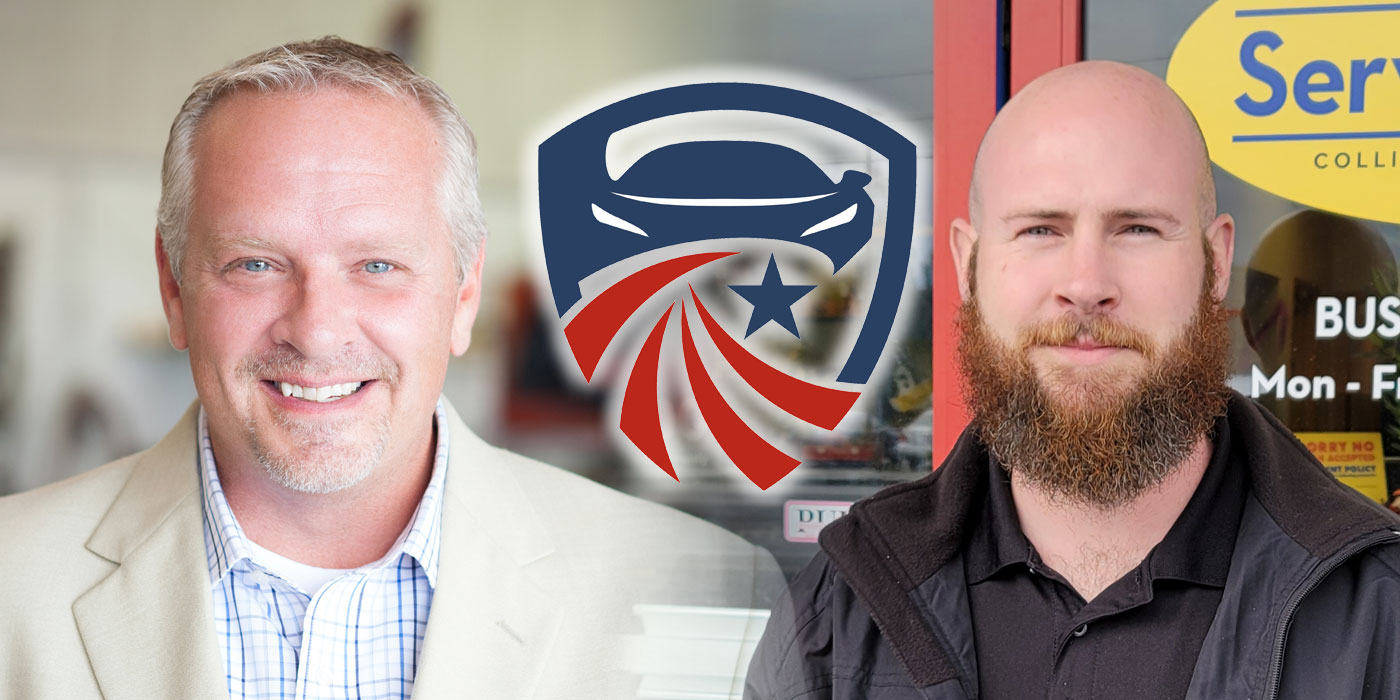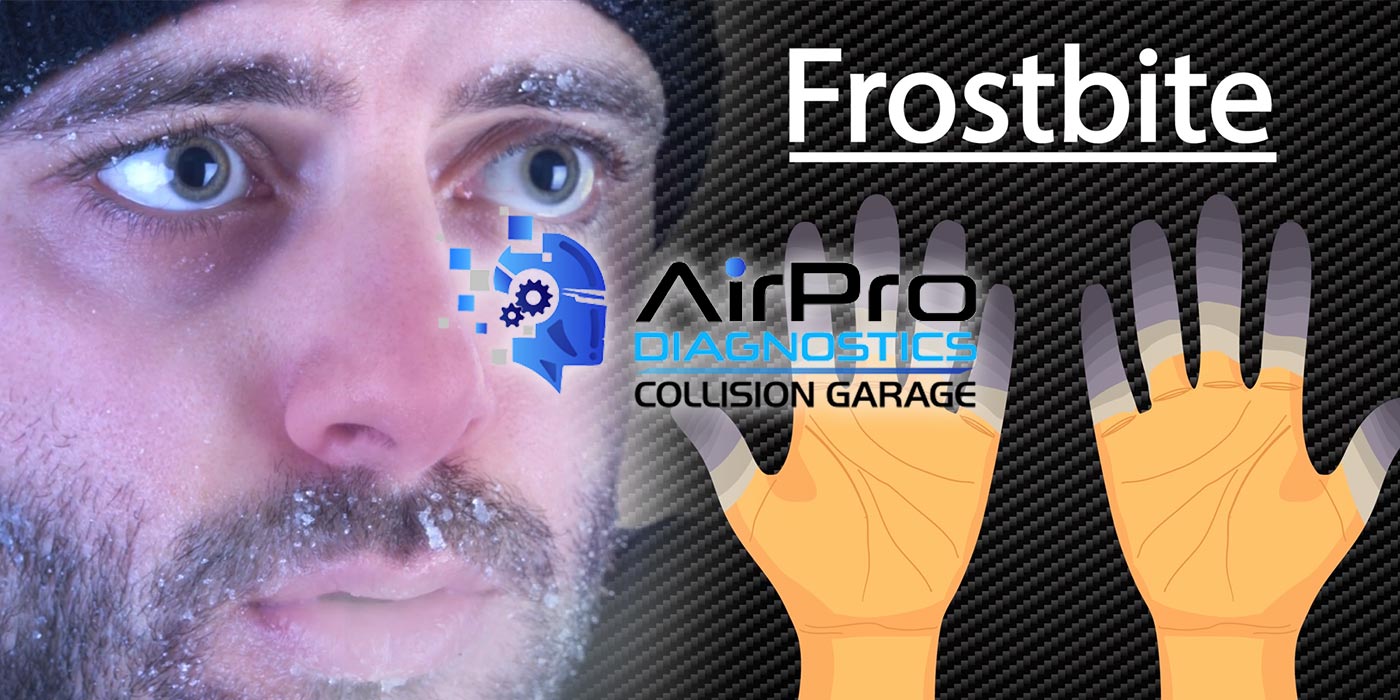
“Been there, done that,” I said when asked if I would write this month’s cover story on “The Keys to Successful Training.” Simply search those terms on www.bodyshopbusiness.com and you’ll find dozens of articles on this topic, including many I’ve written myself as far back as the year 2000.
There are countless books on the topic, and scores of articles on training Millennials. No, I didn’t want to write another article on this topic. I wanted to take it to a much higher level. I wanted to talk about things like onboarding, company culture, leadership and other things that would actually have an impact on your long-term ability to attract, train and retain the workforce you need to be in business and stay competitive going forward. And it all begins with you!
This requires you and your teams to be open to change, open to new things and willing and able to lead your teams to where you need to go together. The same old same old isn’t going to cut it anymore.
For as long as I’ve been in this field (over 20 years), this industry has been complaining about the lack of skilled workers available and the lack of entry-level workers coming in. In fact, I started the Mentors At Work organization (now part of VeriFacts) in 2000 to address this very issue. And yet the challenges remain, and so does the complaining. This month’s story and next month’s follow-up part two on this topic will point you in the direction I believe you need to be going.
Winning on the Hire
As far back as 1997, I coached shops on how to be effective with apprentices. I told them that the apprenticeship programs we created together would be won or lost on the hire. I still feel this is a valid statement, but there’s even more to it today than there was back then.
Too often, shops are so desperate to bring someone new on board that they’re too quick to hire. And once they have that warm body in the shop, they’re too slow to fire. Why? Because even an employee who pretty much sucks 70 to 90 percent of the time is better than nothing for many. Isn’t that a sad state of affairs? Too many accept the 10 to 30 percent of someone that doesn’t suck, and until they can find someone else who maybe doesn’t suck quite as badly, they’ll keep what they have. What a great way to run a company. Are you in that boat? Or can you relate to the concept I’m laying out here?
That’s not winning on the hire, that’s setting yourself up for mediocre results at best because you felt you didn’t have alternatives. You lowered your expectations and accepted that this is simply the way it is. People tell me, “I don’t have time to screen people that well.” I would argue that you waste more time and lose more money by simply hiring the first warm body you can gain access to.
I’ve seen the other side of this. Yes, there’s hope, but you must be willing to do something about it. The challenge is great for sure, but as author, national speaker and thought leader Simon Sinek says, “If the challenge we face doesn’t scare us, then it’s probably not that important.” The challenge is that important.
To compile the information I’m sharing with you this month and next, I went to some of the most inspiring leaders I know, both in and out of our industry, Simon Sinek being one. Here are a couple others.
LeadersWay: Kevin Wolfe
About 12 years ago or so, I met Kevin Wolfe, founder, owner and president of a company called LeadersWay. Wolfe is also a business coach and national speaker. Our chance encounter led me to a fuller understanding of my own “win or lose on the hire” mantra.
Wolfe was visiting the same mechanical repair shop I was consulting for, and he was assisting the owner with employee screening strategies and tactics. The more I heard, the more I wanted to learn from Wolfe, things that would help me help my clients be more successful with their hiring practices. As you might expect from someone like this, Wolfe’s company has evolved significantly since we first met back then, and his state-of-the-art, science-based employee selection assessment instrument is where it begins.
Wolfe believes that a company’s focus must be “people first.” As he puts it, “The customer’s experience can never exceed your employee’s experience. And the key is consistent training with an engaged team. It doesn’t matter how much training you throw at them if the employees are not engaged. Everything starts there. And that includes leadership development for management, and systems in place to maintain it. You have to [master] the culture thing…the engagement thing, because nothing else matters.
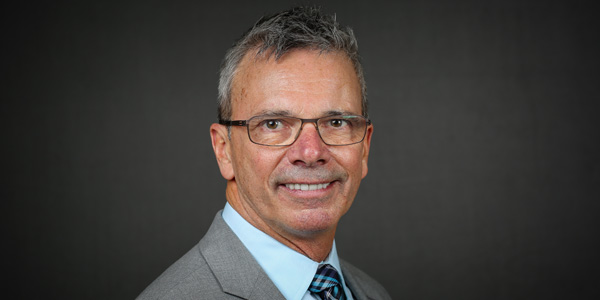
“It’s 2017, and we now have the most extensive tool for screening employee candidates. Rather than focusing on superior training, we help business focus on superior selection. You can’t make pigs fly no matter how hard you try. This assessment also includes a cognitive tool for measuring cognitive horsepower, strengths and limitations.”
To learn how to make better hiring choices, in addition to the LeadersWay assessment tool, Wolfe suggests a book titled “Who” by Geoff Smart and Randy Street. “Who” helps managers focus on the right things. Bad hiring decisions are made mostly because of a lack of systematic methods for recruiting. And bad hiring choices cost a business an average of 15 times the poor hire’s pay, while the reverse of that is to hire someone who is much more likely to achieve the goals you set for the position. “Who” suggests having “A Method for Hiring,” which includes defining the mission of the job, your desired outcomes and the competencies required – something I’ve coached shops to do for nearly two decades. “Who” teaches you how to identify, interview and hire the best talent and how to sell your company to the prospects who are out there to select you as well.
Wolfe also suggests the Patrick Lencione book titled, “The Ideal Team Player – How To Recognize and Cultivate the Three Essential Virtues.” Lencione is also the author of “The Five Dysfunctions of a Team.” In the back of “The Ideal Team Player,” you’ll find a list of suggested questions to be used in the interview process that will help you dig deeper into what makes your job candidates tick. These will help you assess whether or not the candidate would fit well in a team-oriented culture (assuming you have one) – the kind of culture that’s winning in today’s workplace.
CollisionWorks
Just ask James Greer, chief operating officer of CollisionWorks in Oklahoma City. Greer and his team are coached by LeadersWay protégé, consultant and author David Luehr of Elite Body Shop Solutions.
CollisionWorks has 12 locations, and one of their greatest challenges was finding qualified help. That’s not news to anyone; it’s an industry-wide challenge. What have they done differently? They’ve used the LeadersWay assessment tool and enlisted Luehr to coach them on leadership. It has had an enormous impact on how they approach hiring and retention.
“We’ve concentrated on the process of onboarding,” says Greer. “This has completely transformed how we are bringing people into the company. We were hiring based on a need rather than hiring the right person.
“We defined our purpose and goals, then worked on our internal culture. Over two years, we weeded out all of the negative influences within our company. Some of these people had been with us over 10 years, so it was very difficult…but necessary. We are much more strategic now when we hire. We run LeadersWay assessments on our administrative staff candidates, but not our technicians. There’s not a large enough talent pool out there to pull from. We bring all new people into our culture and establish our expectations up front.”
Not having a large enough talent pool of technicians is a common problem we all face. There simply aren’t enough skilled workers to pull from. No newsflash there. All the more reason to be cautious who we hire and then do whatever we can to provide an environment that will help us keep them on board. Greer is a testimonial for that statement.
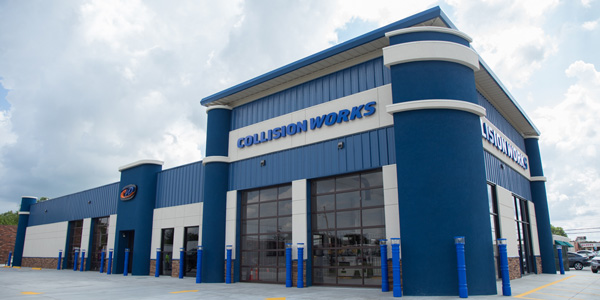
“We are very much team-oriented and are moving toward team compensation some day,” Greer says. “After the second interview, we decide if we want to invest in the assessment tool. We use the dimensional balance of the assessment tool, the cognitive piece, to assess how well people will make decisions. It’s how clear they understand the rules and our systems and whether they will make decisions based on helping others or based on our systems. For front office help, we look to hire outside of our industry, and then, with a clean slate, teach them how to do the job. And our turnover rate has been reduced dramatically after addressing our culture. Behavior and motivator graphs from the assessment tool often tell us that a person we were originally interviewing for a CSR position might be better-equipped to be an estimator.”
Before an interview at the shop level, Greer goes over the assessments with location managers, explains the candidate’s motivators to them and tells them the questions he would ask if he were doing the interview himself. Knowing how to motivate different people is helpful.
“We ask our location managers to keep these factors in mind, their behavioral style and motivators,” says Greer.
CSR training for CollisionWorks is given by outside vendors on proper phone etiquette and empathy. They have new hires job shadow with experienced staff members, or Greer trains them himself. CollisionWorks locations are all connected to WebEx, which they use to provide ongoing training for their managers. Estimators take I-CAR training. They also have hired an outside consultant who used to work for an insurer to do training and central review. Greer says the goal is to have a CollisionWorks University at some point.
That’s fine for 12 locations, but will that work for one? Two? Why not? People are people, and successful principles can be applied anytime, anywhere.
Elite Body Shop Solutions: David Luehr
David Luehr of Elite Body Shop Solutions has been coaching CollisionWorks and is coached by Kevin Wolfe in his own business life as well. He has over 30 years of shop experience and has been applying this experience as a business development specialist and professional coach for shops across the country. He also has co-authored a book, along with Stacey Phillips, titled, “The Secrets of America’s Greatest Body Shops.” Luehr told me he’s seeing firsthand what has been happening in our industry and what the best of the best are doing about the workforce of today and tomorrow.
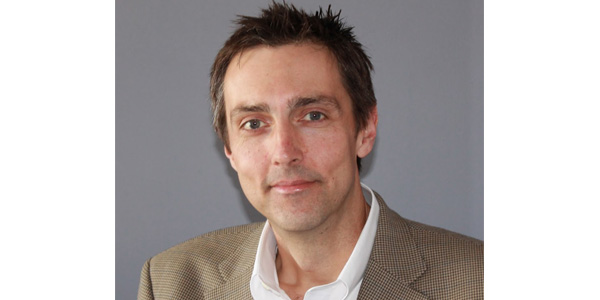
“Many people, and young people, are hungry to make a difference in the world,” Luehr says. “We have to ask ourselves if the collision repair industry provides that opportunity. I don’t believe we always communicate effectively to our young people. Or maybe the message is somehow getting lost along the way. The bottom line, is a lot of work still needs to be done.
“What most of us truly want from life is to be happy, right? And what kind of work helps people be happy? I submit to you that the answer is meaningful work. Nowhere is it written that skilled trades, like collision repair work, are not meaningful work! Building stuff for people, fixing things for people and using your hands to create something is as meaningful as anything I can think of.”
Part 2
And that leads me to what you can expect in part two of this series next month. I’ll be getting into some more impactful strategies on how to look inward into your culture and provide a place of employment that gives people the opportunity to feel a sense of accomplishment and fulfillment.
I’ll focus on leadership training, employee training and thoughts on employee retention that will help you face this challenge –the biggest threat to the future of your business. I’ll turn to people like Simon Sinek, Kevin Wolfe, David Luehr, Jeff Peevy from the Automotive Management Institute (AMi) and Ally Business Coaching Founder Jay Perry, who has co-written a book titled, “The Success Manifesto.”
Perry and his co-authors share a quote from Leonardo da Vinci that I think really hits home for this industry. Da Vinci said, “It had long since come to my attention that people of accomplishment rarely sat back and let things happen to them. They went out and happened to things.”
Some of the best minds in our industry have so much to share on how you can “happen to things.” And share they will…next month. Stay tuned.
